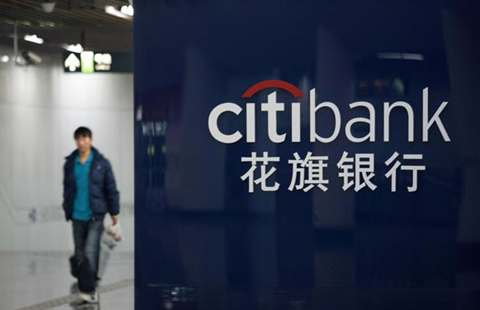Chocolate shortage spurs revival of cocoa
(Agencies) Updated: 2015-01-09 14:11Cocoa is a temperamental crop, and can only grow within about 10 degrees of the equator. With land readily available in the South American jungle and ideal conditions, Melka said the Amazon region is emerging as a key supplier for chocolate producers.
Cocoa prices have been rising since 2011, and now stand at about $2,900a metric ton.
Incredible price
"We're rushing to plant because it's an incredible price," Melka said." The Silicon Valley of the cocoa industry is not in Asia or Africa, but in the Ecuadorian and Peruvian Amazonian belt."
Melka is seeking to grab share from West African producers, where cocoa is grown mainly by small-scale farmers and sold to confectioners by large-scale grinders Cargill Inc, Switzerland's BarryCallebaut AG and Olam International Ltd.
As global demand climbs, led in part by changing consumer taste in Asia, the International Cocoa Organization predicts a shortfall of 100,000 metric tons in the current growing year. The candy maker Mars Inc anticipates a 1 millionton shortage in2020.
Last year, Ecuador displaced Cameroon to join the world's five largest cocoa exporters after producing a record 240,000 tons in 2014, according to Ecuador's cocoa exporters' association, known as Anecacao.
Witches' broom
Brazil's Libanio Agricola SA, a cocoa farmer and processor since 1920, is planning to triple output over nine farms with 627,000 hectares in Bahia state, said associate director Eimar Sampaio Rosa.
Bahia was once the world's second-largest export region, and farmers are still recovering from an outbreak of witches' broom disease that ravaged crops in the 1990s and a long spell of low prices, said Rosa, whose company supplies Nestle SA and France's Bonnat Chocolatier.
"Debt levels are still very high among cocoa producers after all the problems they faced," Rosa said." Brazil could substantially increase its output levels and maybe become an exporter in 15 years if farmers had access to credit."
Companies like Cargill and Barry Callebaut will continue to focus on West Africa and are helping Cote d'Ivoire and Ghana farmers boost yields to encourage them to keep planting the crop, Victoria Crandall, an Abidjan, Cote d'Ivoire-based commodities analyst at Ecobank, said in a telephone interview.
- Central banks not to tend to add euros as reserve
- Crude imports to rise, with refiners stocking up as prices remain low
- Car makers pay to keep Chinese dealers happy as market slows
- Sony to delay sale of PlayStation 4 in China
- Chocolate shortage spurs revival of cocoa
- Race to define car of the future shifts into high gear
- Woman taxi driver doing the rounds in Fuzhou
- Samsung posts first annual profit fall in 3 years















